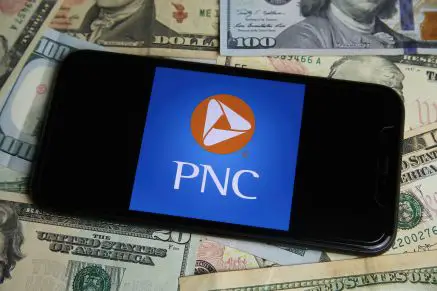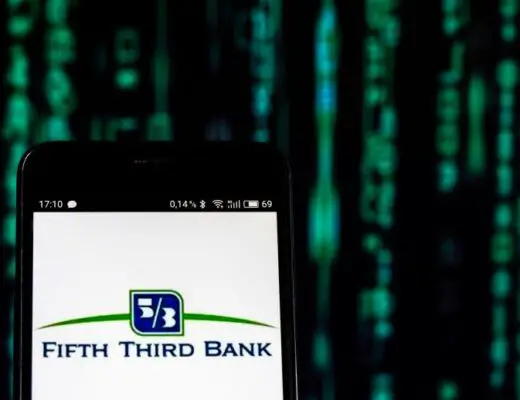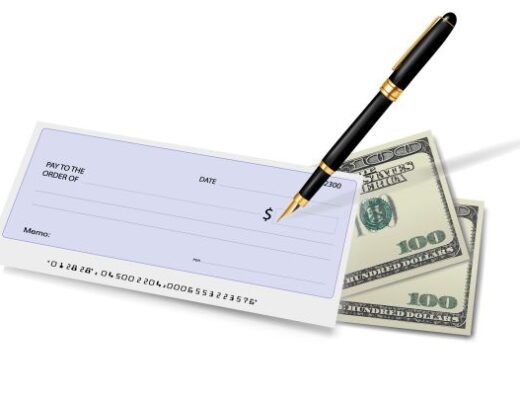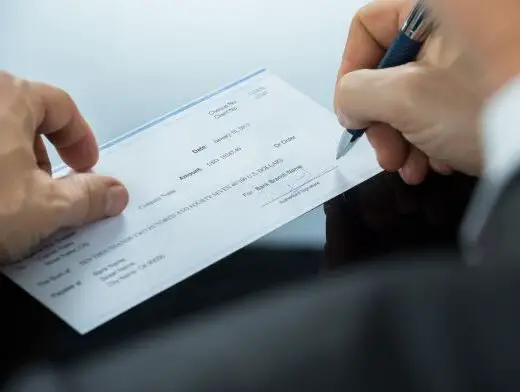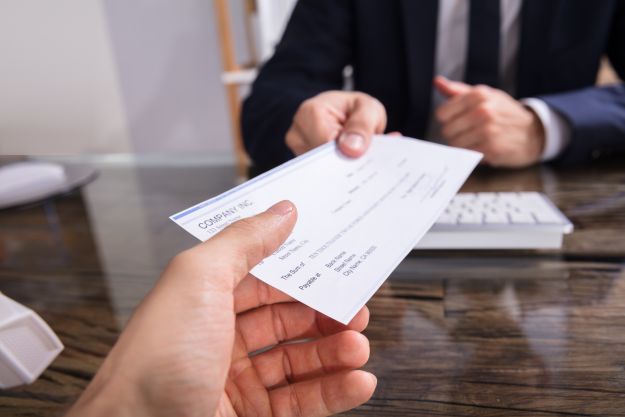
CommonCentsMom.com is advertiser-supported: we may earn compensation from the products and offers mentioned in this article. However, any expressed opinions are our own and aren't influenced by compensation. The contents of the CommonCentsMom.com website, such as text, graphics, images, and other material contained on this site (“Content”) are for informational purposes only. The Content is not intended to be a substitute for professional financial or legal advice. Always seek the advice of your Financial Advisor, CPA and Lawyer with any questions you may have regarding your situation. Never disregard professional advice or delay in seeking it because of something you have read on this website!
A check is money that a person writes to another person or places in a bank account. Checks are used to pay for goods and services.
Check writing is often used as an indication of payment for goods and services. A check may be drawn on a personal or business account.
In general, third-party checks are used to secure payments in business transactions. These checks are usually signed by an employee who receives money from his or her employer.
In this article, we will discuss the definition and use of third-party checks.
Definition of Third-Party Check
A third-party check has three parties written into it: the giver, the receiver, and the third person who mediates the transfer of money. For example, an employer might ask their employee to purchase an item from their supplier. In this case, the giver is the employer, the receiver is the supplier, and the third person is the employee.
The giver gives the money to the third person, who passes it on to the receiver. The third person does not have access to the money until it is delivered.
How to Use a Third-Party Check
People use third-party checks for many different purposes. For example, third-party checks may be used to pay the following:
Business Transaction
This is when you want to purchase something and need to ensure that the seller has enough money in his or her account to pay for it. You can use a third-party check in this situation.
For example, if you are purchasing a house and want to be sure that the seller has enough money in his or her bank account, then you may use a third-party check.
This will prevent you from being charged fees or additional fees if the seller does not have enough money to pay for the house.
Reimbursement
In this case, the third-party check is used to reimburse the parties for the cost of the goods. If there is a dispute about whether the goods were received by the other party, the third-party check will serve as evidence that the goods were already received.
The third-party check will also serve as evidence of what price was paid for the goods and that this price was accepted by the other party.
Payroll Taxes
Employers are required to withhold certain payroll taxes from employee paychecks. If you want to reduce your employees’ tax burden, you may consider hiring a third-party payroll service.
A third-party payroll service is an independent company that provides payroll services for you and your employees.
The service provider typically has a large database of all the tax forms that are required to be filed by employers and employees.
You will pay the third-party payroll service a fixed fee each year to cover their labor, time, and supplies.
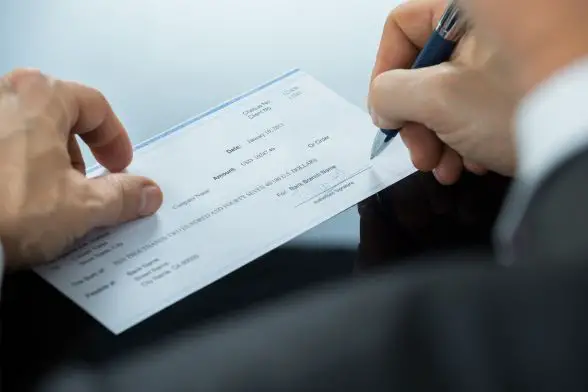
Insurance Payments
Insurance payments are sometimes paid indirectly to a third-party check provider.
For example, if a car is stolen and the policyholder pays the insurance company, they may direct the payment to their insurance check provider. This can be done online or via mail.
Other Payment Types
There are other reasons that you may want to use a third-party check for a transaction. For example, you may be required to use one for government payments, such as student loans, child support payments, or tax returns.
This type of payment is known as “third-party authorized.” You will need to find out what types of payments are allowed by the third party that you are using the check for before using it in this manner.
What Should You Consider When Handing Out a Third-Party Check?
The decision of whether to use a third-party check in your business or legal matters is usually based on several factors.
For example, the following are some of the important considerations when handing out third-party checks:
They are not always valid and enforceable in all states
In some cases, third-party checks are not valid and enforceable in all states. In general, third-party checks are usually used in business transactions.
However, if a third-party check is used to make payments that involve multiple parties, it will be valid only in some states (not all).
All parties’ names should be clear
The party that gives, mediates and receives the check should be clear.
For example, if the person who gives the check is a company, the name of that company should be printed on the check.
If the check is written to someone else (such as a business or individual), there should be clear and explicit instructions about who is to receive the money.
No support from banks and credit unions
In many states, banks and credit unions are prohibited from handling third-party checks.
Some banks and credit unions have policies regarding the acceptance of third-party checks. If your bank or credit union does not accept third-party checks, you will have to find another bank or credit union to make the payments with a third-party check.
If you do not find another bank or credit union to accept your check, you will be required to find other ways to make the payment. For example, you may have to pay your employees directly with a cashier’s check.
High possibility of fraud
Third-party checks are often considered to be high risk. If the check is lost or stolen, a bad person can use it for their benefit.
In most cases, the third party who mediates the check is the only person who knows where the money goes.
Therefore, a bad person can easily misuse a check to make payments.
Make Sure Your Check is Valid and Enforceable
In summary, third-party checks are not always valid and enforceable in all states.
They can be used for many different purposes, but they are not always reliable or secure. Therefore, make sure that you know the rules in your state before you use a third-party check.
It is best to ask your bank or credit union about the validity and enforceability of third-party checks before using them. You can also ask your legal advisor if you are unsure about any specific issues that may arise from using a third-party check.

